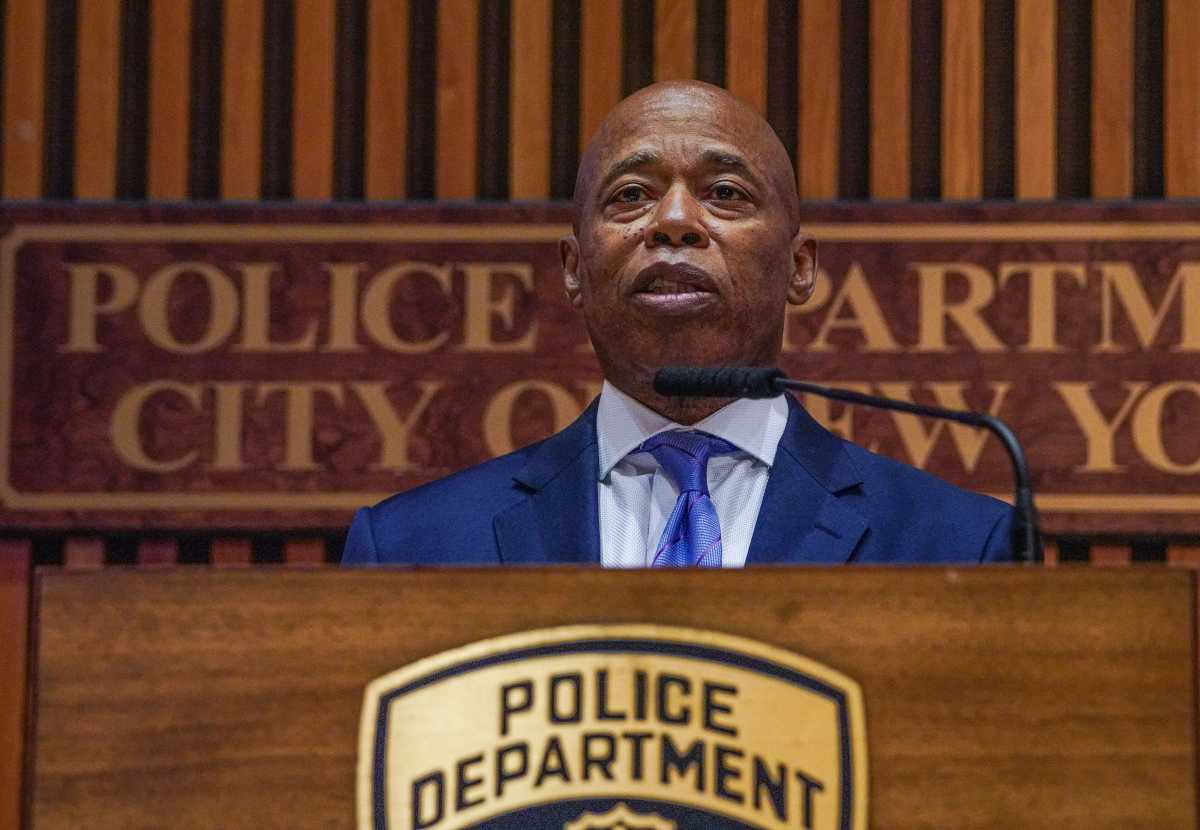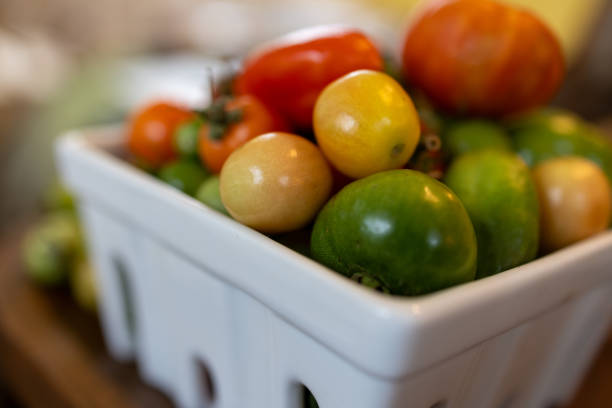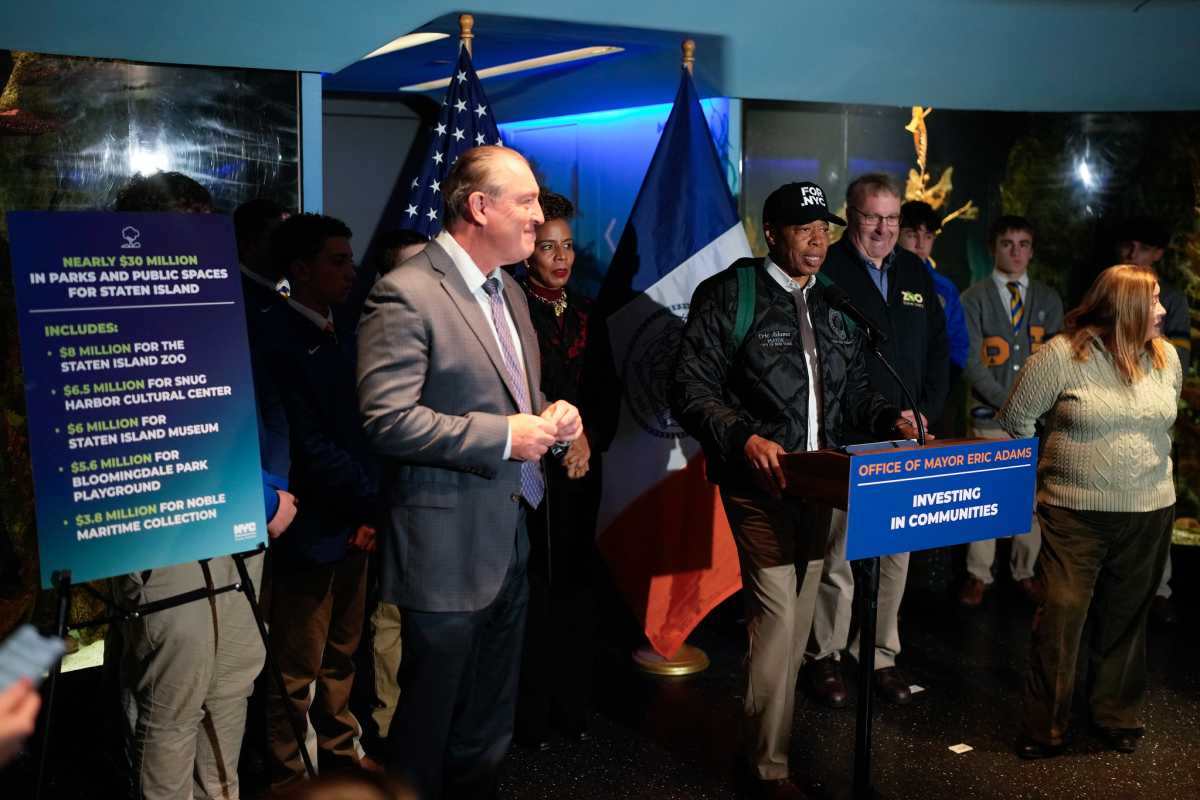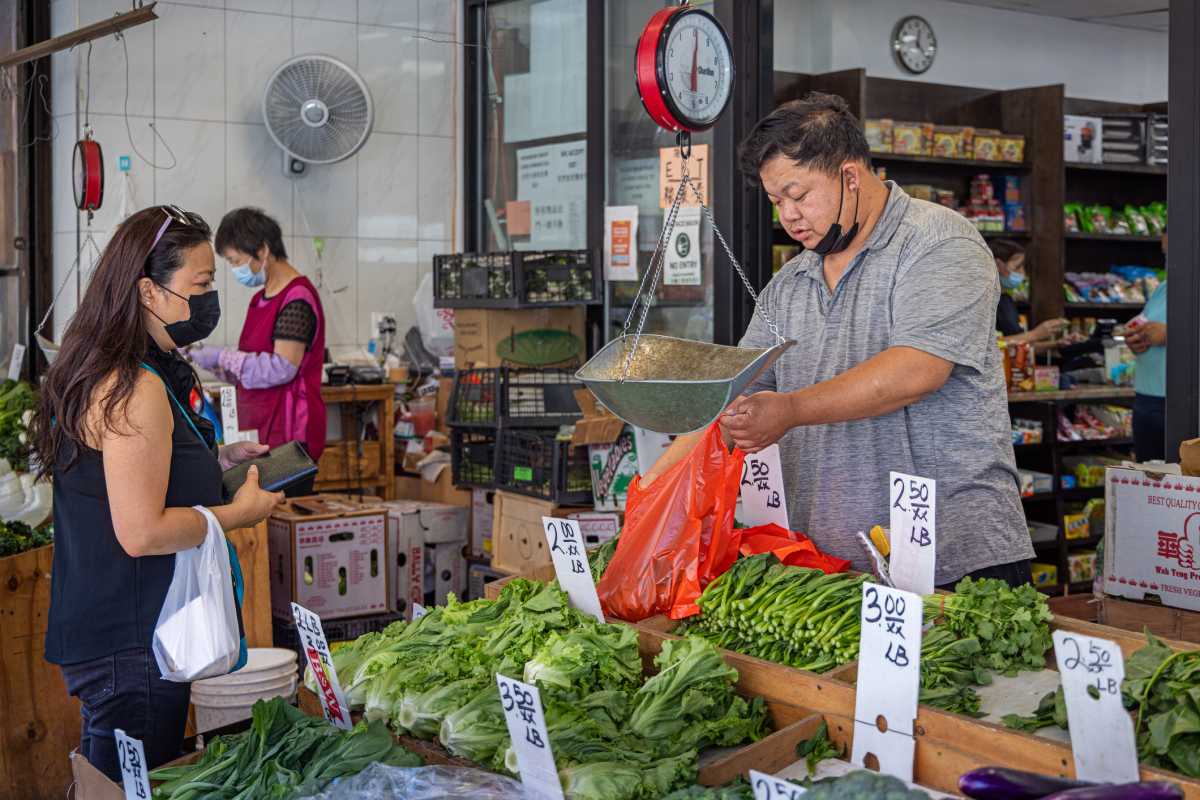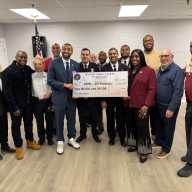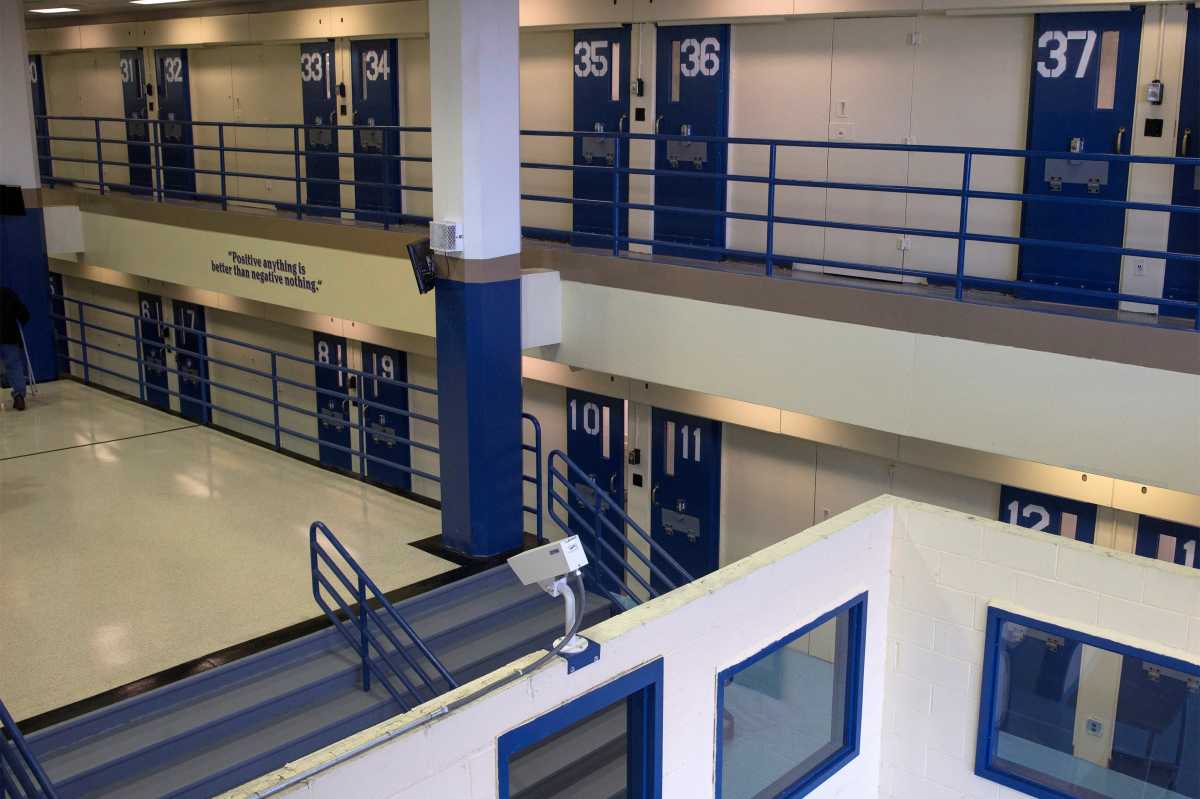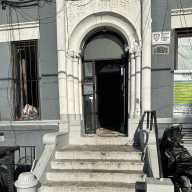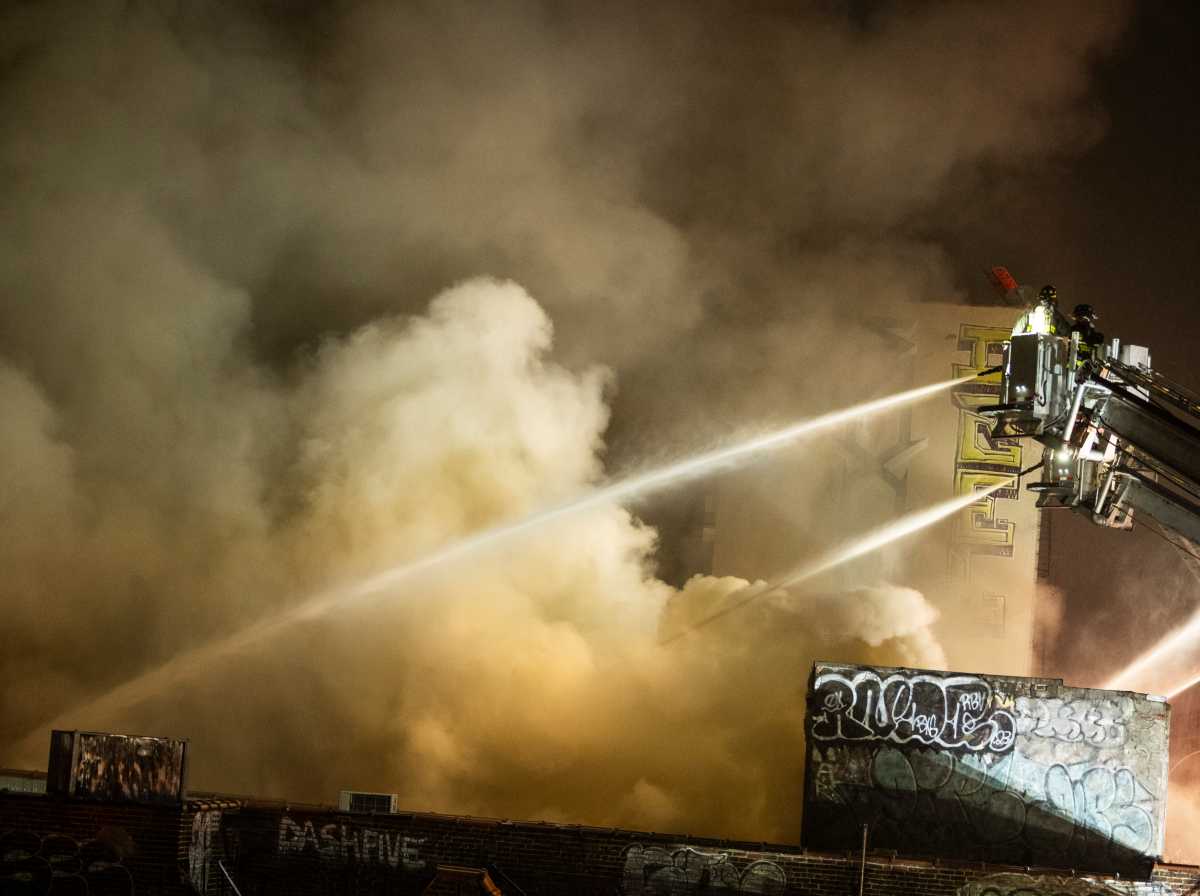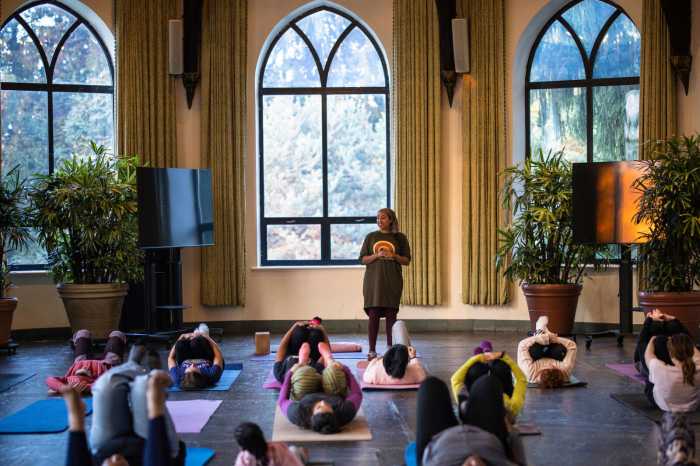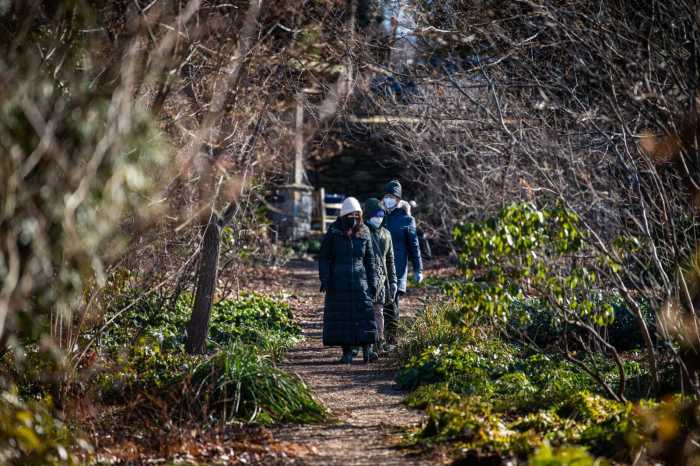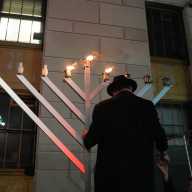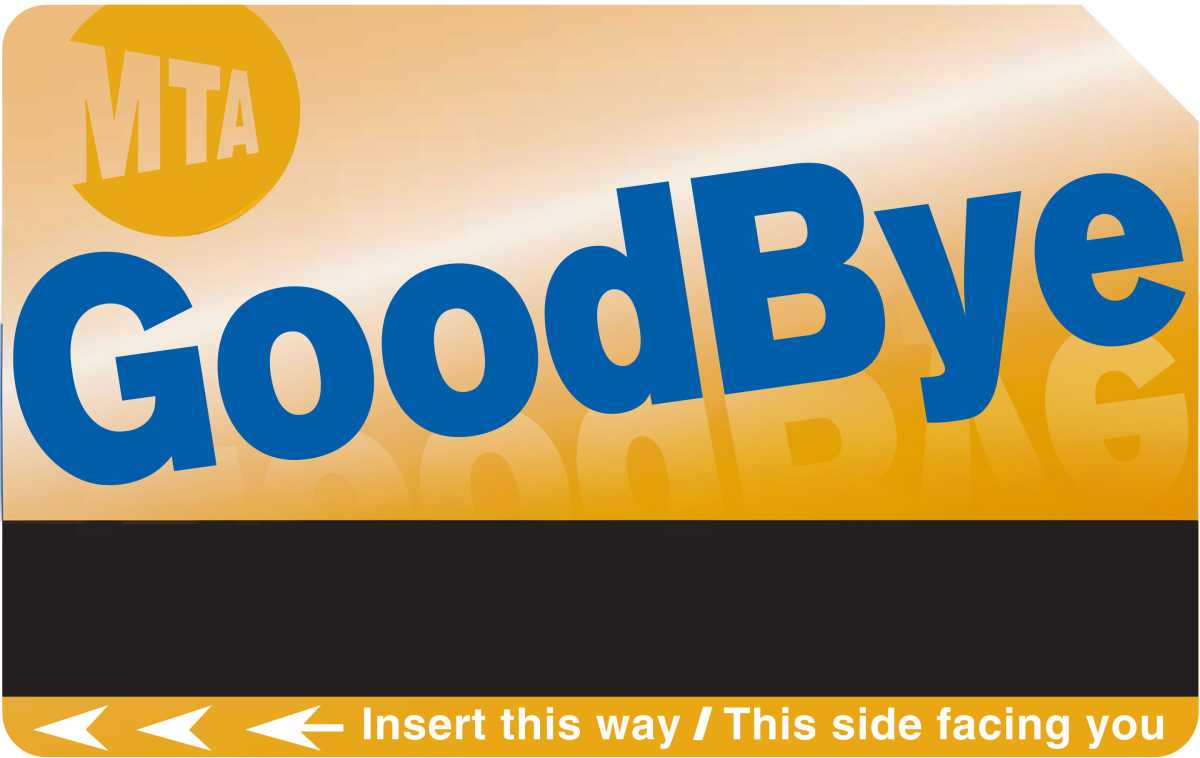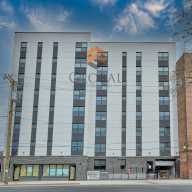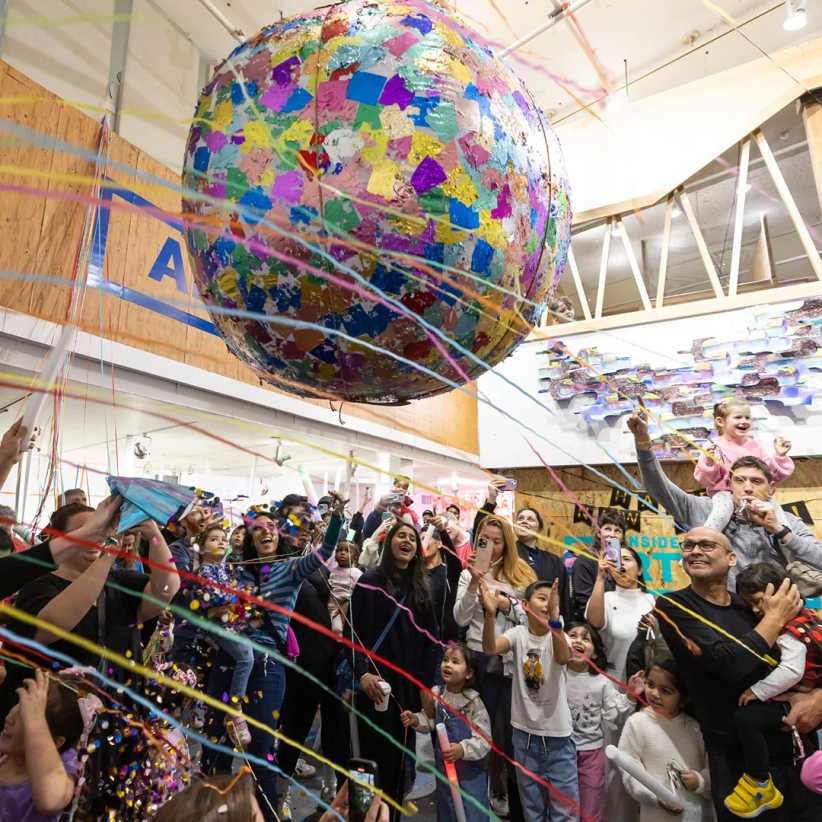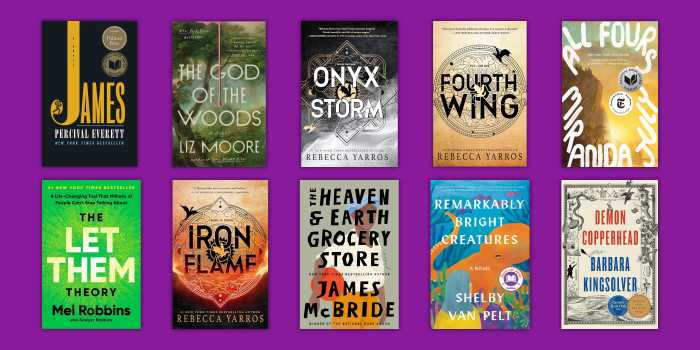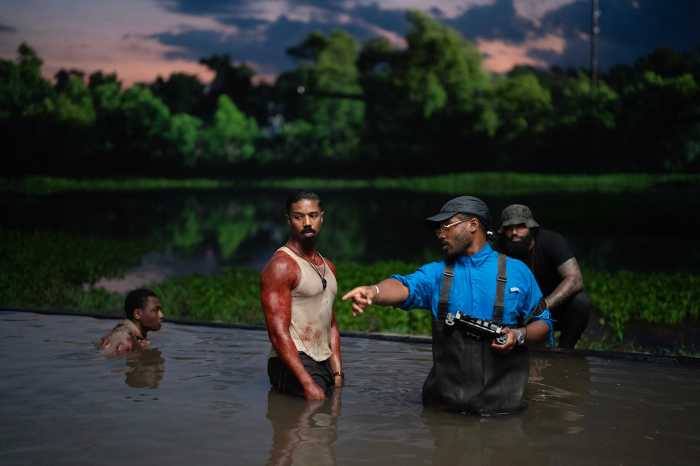“O you who have believed, be persistently standing firm in justice, witnesses for Allah, even if it be against yourselves or parents and relatives. Whether one is rich or poor, Allah is more worthy of both.” This verse of the Holy Quran teaches all Muslims to stand up and speak out against injustice regardless of the perpetrator. This is why as a Muslim leader, I cannot be silent over the inhumane treatment of our brethren in Rikers Island. By now, with 11 lives lost on Rikers Island this year, I hope we all know the situation there. There is a dire need for Rikers Island to be closed, and those who are currently there to receive proper treatment.
I support the plan to close Rikers Island, reduce incarceration and create improved replacement jails in the boroughs for people who remain detained. More immediately, though, I want to call on my community and my elected officials to immediately reduce incarceration so that our communities can welcome our brothers and sisters back and commence the work of healing from the damage Rikers has inflicted.
It hurts me personally to know that my brothers Elijah Muhammad and Isa Abdul Karim have died senselessly at Rikers in the past year, simply because they come from heavily policed communities with too few social supports. It hurts me just as much to know that at this rate, without immediate action to stop funneling vulnerable people into Rikers Island, more than a hundred more people of many different faiths may also die alone in those cells before it is closed permanently in 2027.
Reducing incarceration means bringing people back into the communities they left or were taken from, while infusing those communities with the resources they should have had in the first place — like quality housing, health care, education and employment. People should not be sentenced to death before they are even put on trial. People are spending years of their lives in Rikers Island, not because they’re found guilty of the crime that they’ve been accused of, but because people who are poor and Black are never given the presumption of innocence. Without even a trial, they’re found guilty of poverty, because they’re not able to pay the money that the court has demanded from them for their freedom.
I know of a mother whose only son spent years at Rikers Island. There was no reason for wasting all that precious time there. Had there been a reasonable amount to make sure he could come to court or had he been released on his own recognizance, he would have had his family’s support. But if you assign bail and the parents are not able to pay because they are poor, then the people who are held pre-trial at Rikers are of course from a poor background. So we know for a fact that sentencing people to Rikers Island through excessive bail is actually targeting poor people, and functions to punish poverty more than crime. Everyday among my community — the Bronx, and the community of African immigrants in New York City — I see how little access to resources poor people have in this city. This includes, but is not limited to, lack of quality education and lack of proper health care including mental health. I’ve worked with youth who ended up in Rikers because they engaged in behavior that could have been prevented had there been proper mental health and social service resources. Those behaviors don’t represent who they are; rather, they represent how our city has failed them. We must do better.
And just as immediately as decarceration, I call on my community and my fellow faith leaders to condemn the conditions people are held in at Rikers Island. This includes eliminating solitary confinement, punitive segregation, restrictive housing or whatever else the Department of Correction chooses to call it. Our people are asking only for basic human rights, like access to medication and a day outside where they can see the light, not in solitary confinement.
Finally, we ask Allah that whatever situation we find ourselves in, that he brings ease to our full hearts. I reflect the verse of the Quran that says,” that indeed after every difficulty comes ease.” And we are very confident that this is the moment of difficulty and the ease is going to come. But first, we have to work for it.
Imam Ammar Abdul Rahman is a deputy Imam of Masjid Al-Haram of USA Inc. and a member of the Council of African Imams, an association with members across the Bronx and Harlem.

